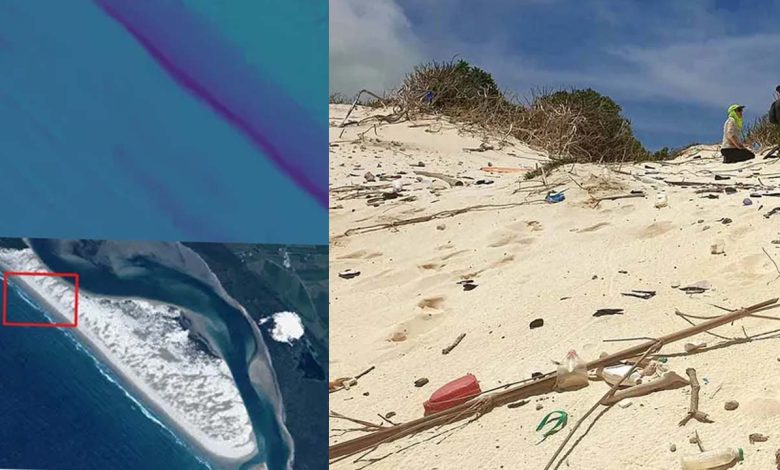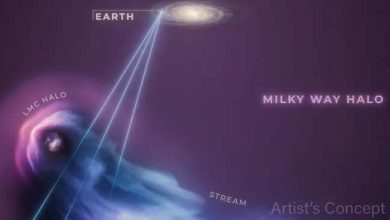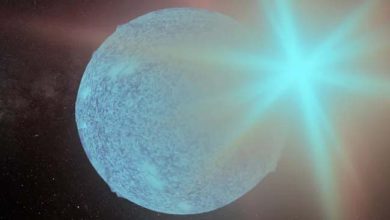Satellites will now be able to see plastic waste on Earth’s beaches

Science: Plastic littering the world’s beaches can now be detected from space. Researchers at the Royal Melbourne Institute of Technology (RMIT) in Australia have developed a new satellite imaging technique that can detect plastic on beaches by measuring the difference between the light reflected from the debris and the surrounding sand, water or vegetation, according to a statement from the university. The technique was successfully field-tested by satellites observing a remote stretch of coastline in Australia. By looking for unique spectral features in the plastic, the satellites were able to accurately identify it on the beach from more than 373 miles (600 kilometers) above. In turn, this satellite technique not only improves the detection of plastic debris, but can also aid cleanup operations to support sensitive environments like beaches, the researchers said. “While the impacts of these marine plastics on the environment, fishing and tourism have been well documented, methods to measure the exact scale of the problem or target cleanup actions, sometimes most needed in remote locations, have been hindered by technological limitations,” study lead author Jenna Guffogg said in the statement. This new research builds on existing satellite technology used to detect plastics floating in the ocean. The team developed a new spectral index, called the Beached Plastic Debris Index (BPDI), to identify patterns in the reflected light collected by satellites as they pass over an area and specifically identify plastics that can easily mix with sand.
The team placed 14 pieces of different types of plastic on a beach in southern Gippsland, Victoria, to test the BPDI using WorldView-3, an Earth-observation satellite operated by Maxar Technologies. According to the statement, data collected by the satellite showed that the new index was more successful in isolating plastic on the beach than three other existing satellite techniques, which misclassified shadows or water as plastic.





